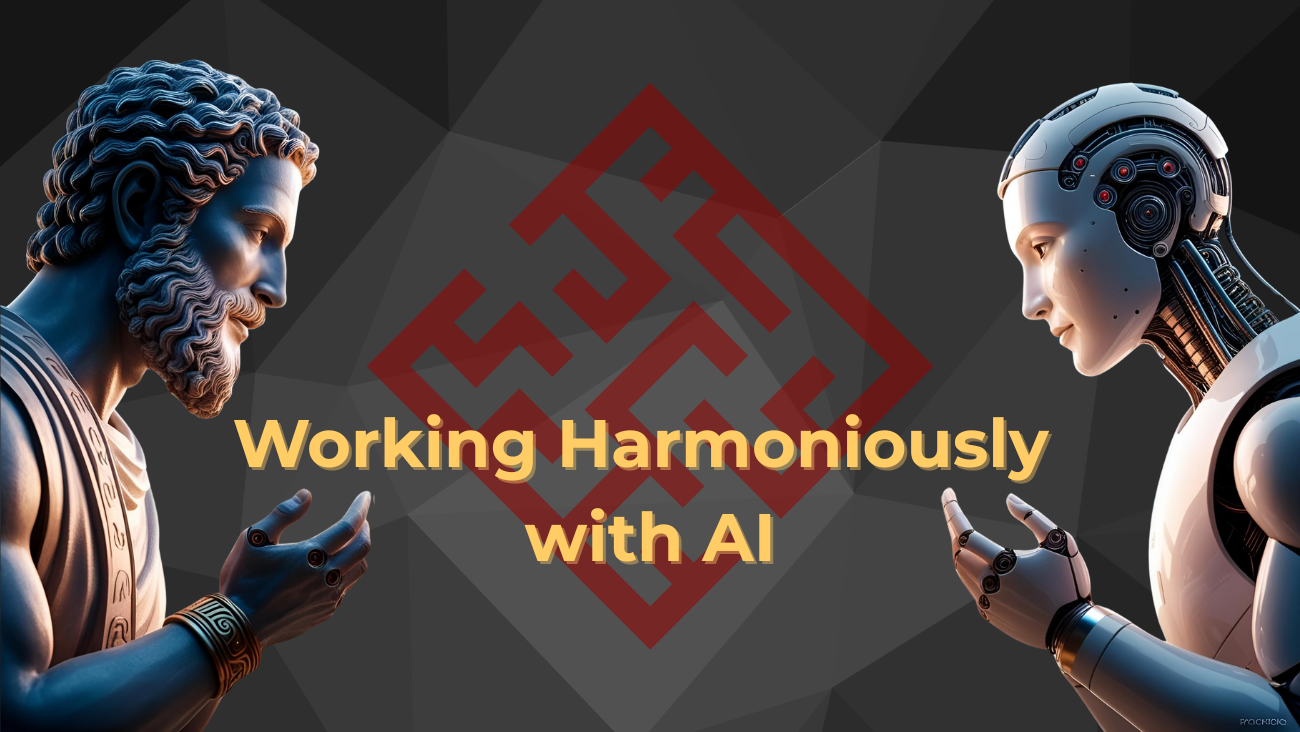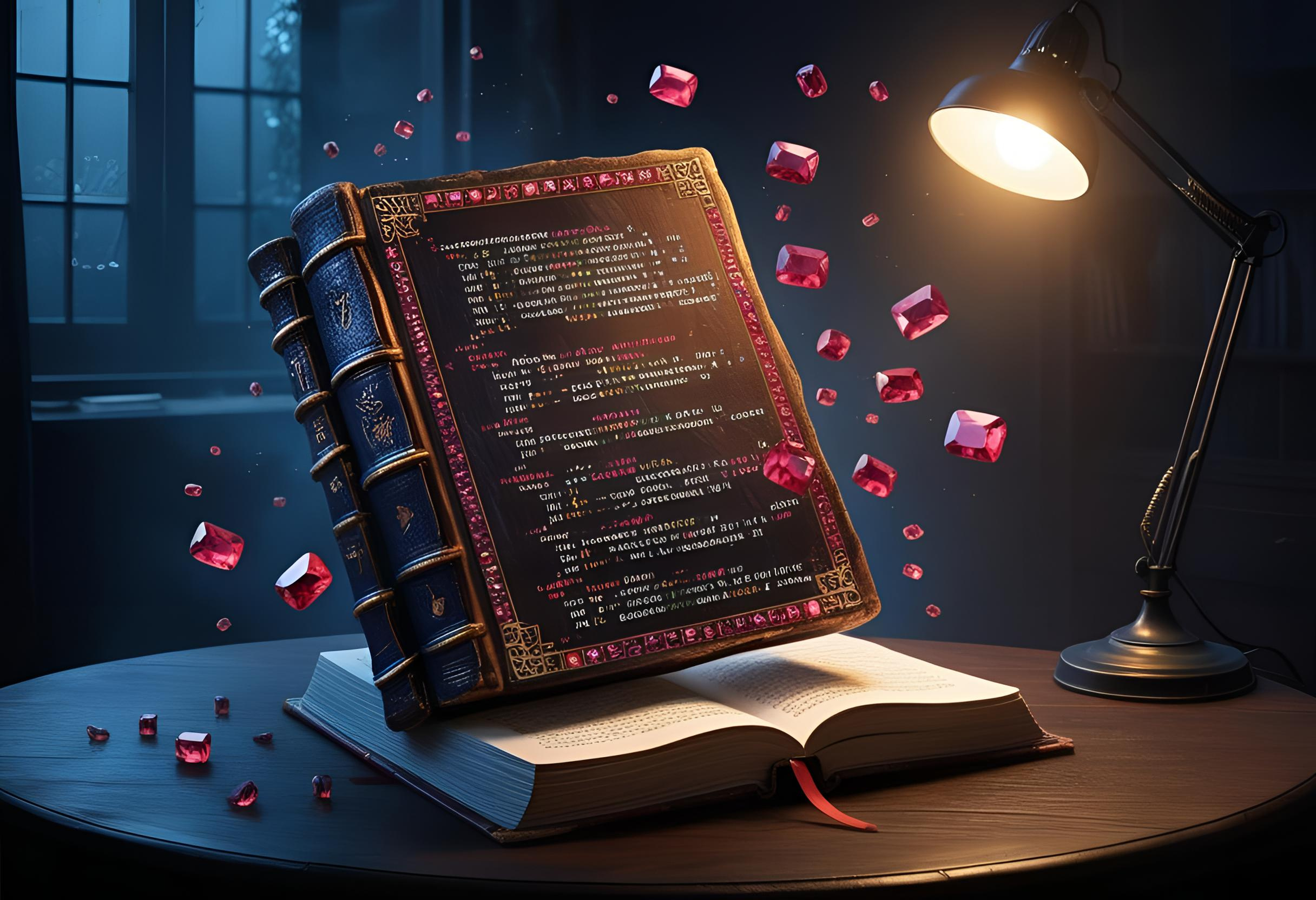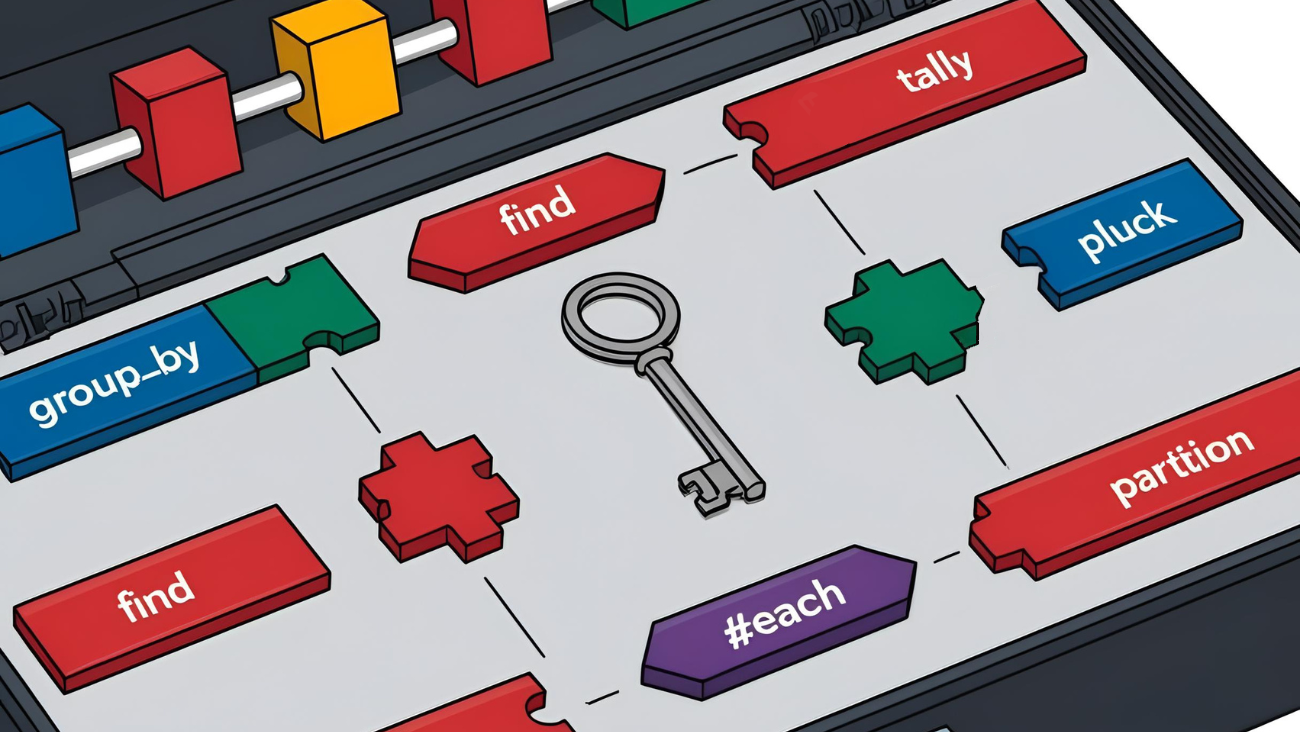Prometheus, the Fire-Bringer, remains one of mythology’s most relevant archetypes, a defiant rebel who steals from the gods to grant humanity a transformative gift. In delivering fire from Mount Olympus, he empowered mortals with tools that symbolized progress, ingenuity, and self-empowerment, but also disruption and unforeseen consequence. For centuries, artists, philosophers, and critics have invoked Prometheus as a mirror for their own technological inflection points. Today, as we stand on the brink of another Promethean moment while technology continues to empower, it also enables us to bypass the very skills and wisdom we most need to navigate a complex world.
The latest heir to the lineage of human experience is artificial intelligence: a tool of immense power that has swept through a technologically empowered world, offering answers without understanding and fluency without wisdom.
The full impact of AI will only reveal itself over time, but its influence on the field of programming is already visible. It provides a virtual superpower in the sense that those who can wield it wisely can elicit unforeseen levels of productivity. However, one thing is clear: It will not replace skilled programmers. The simplest reason? Current large language models, (like GPT-based AI), operate by predicting the next token based on prior data patterns. In other words, AI cannot apply deductive reasoning; it can only “think forward.”
Despite the noise suggesting AI will replace programmers, I can say with confidence: this generation of AI will not. What it can do, however, is cripple a generation of programmers who rely on it to solve the kinds of problems that foster growth, critical thinking, and true holistic understanding.
I don’t offer these words as mere warning, but as a call for balance. There is a practical path to work harmoniously with emerging technologies to harness their power to enhance productivity while continuing to develop the timeless skills that underpin all forms of creative and technical work.
Perspective
To illustrate the tension between blind optimism and thoughtful caution around AI, here’s a fictional conversation between two perspectives: the optimistic Defeatist, who believes AI renders traditional skill development obsolete, and the skeptical Humanist, who argues for the enduring value of human knowledge and critical thinking.
Defeatist:
Why do I care about developing skills that AI is already good at? AI has already changed the world! It's like the next evolution of the internet: a wrapper to augment human knowledge and understanding by making things far more accessible.
Humanist:
Because you aren’t anywhere near as smart as you think you are. Even then, you’re still on a completely different level than AI.
Defeatist:
Yeah, but it can create products that generate crazy revenue early on, write whole essays on a topic in minutes, and write code that’s on par with a junior engineer. Humans can’t do things as quickly, and those tasks require training and expertise!
Humanist:
Who told the AI to do that? Where did it collect all of the data from? How did it know what code to write? Or even if that code works at all?
Defeatist:
It came from the internet, databases, books, and a ton of other sources. There’s so much information out there for it to use! It can generate content that's useful and vitally important. It offloads so much work.
Humanist:
Sure, there’s plenty of reference material out there. It can ease the burden of writing boilerplate, help people get their points across more clearly, and is a truly transformative technology in many ways. But it all came from one source: humans.
This exchange captures the heart of the debate: AI is a remarkable tool, but it remains fundamentally dependent on the creativity, judgment, and knowledge of the humans who shape it.
Tales of AI replacing humans in jobs that demand critical thinking, adaptability, and cutting-edge knowledge are pure fantasy. It’s the kind of narrative cooked up in a Y Combinator hype session and eagerly embraced as inevitability by overzealous stakeholders. Yes, it's a transformative technology. Yes, it has the potential to accelerate the productivity of individuals. It's useful, but is ultimately dependent on human creativity to give it context.
Critical thinking and creativity are non-negotiable, because any system can collapse just as easily as it was constructed.
Mindset: Thriving in the Age of AI
“I caused mortals to cease foreseeing doom. … I planted firmly in their hearts blind hope.”
— Prometheus Bound, Aeschylus [1]
When you wake up in the morning, what is the first thing that you do? Check your phone? Start the coffee? Use the restroom? What you're probably NOT thinking about is why you are doing these things. It's just something you do in the morning for no discernible reason. It's part of a routine.
This is why when you sit down to work on code or any other creative endeavor, do yourself a favor and don't reach for AI assistance right away. Give yourself the time and space to start working through the problem. This is where all of the growth happens.
Resist the temptation to have your heart and mind blinded by hope! It will invariably be taken from you when you realize that all that you have just created is something that you don't fully understand. When you go to change it, the joy of productivity will filter between your fingers like sand as you come to the realization that you don't know how or why it works.
Your work will lack human touch, while error-prone and 'expensive', is the foundation in which you can fall back on at the end of a particularly challenging day. AI can’t help you fix domain-specific production bugs that have the potential to bankrupt the company. In dire circumstances, earned wisdom and knowledge are far sharper and more elegant tools.
Instead, use AI as a partner who has a vast memory capable of providing useful information about 80% of the time, but can only remember details from the past few concepts or 5,000 words. It can help you catch problems early, write automated tests (once it has ample context and you've babied it for a while), and excels in code optimizations as long as you don't ask it directly about system design concerns. You can't vibe code your way out of everything, nor would you want to!
Note: While some large language models have expanded context windows exceeding 30,000 words, their practical recall and reasoning effectiveness tends to degrade significantly after just a few topic shifts or complex multi-part interactions. Trade-offs are also made in processing speed, which further limits their practicality in real-world use. [2]
The key is to respect AI’s capabilities while recognizing its limits: treat it as a powerful collaborator, not a replacement for your own critical thinking and craftsmanship. Like Prometheus’s gift of fire, AI can illuminate your work or burn it down; the difference lies in how wisely you choose to wield it.
Techniques: Work Alongside AI Effectively
“All arts, all wisdom, I taught them.”
— Prometheus Bound, Aeschylus [1]
Understanding AI’s limits is only half the battle. The real challenge is figuring out how to work with it without letting it quietly take over the very skills you’re trying to build. Some suggestions include:
- Start without it. When you sit down to solve a problem, don’t reach for AI right away. Give yourself the space to think, experiment, and fail first. That’s where growth happens.
- Be specific. AI thrives on clear direction. Vague prompts give you vague answers. Be intentional and detailed with what you ask for.
- Let AI handle the boring stuff. Use it for boilerplate, simple refactors, documentation drafts. Grunt work. Keep the creative and critical thinking parts for yourself.
- Tentatively trust and verify. Never assume AI got it right. Check, test, and double-check. It’s a powerful assistant, not an infallible oracle.
- Keep it on a short leash. AI is great at tightly scoped tasks: writing unit tests, optimizing a method, generating quick examples. It struggles with big-picture system design or multi-step architectural decisions. Don’t let it drive.
- Use it as a second opinion. After you’ve written something, have AI suggest optimizations or alternatives. It’s a great way to sanity-check your work.
- Write down your own thinking. Before prompting, jot down your approach or plan. It forces you to think critically and prevents lazy over-reliance on AI suggestions.
- Stay curious. Don’t just accept AI answers at face value. Ask yourself why something works or what the underlying principles are. That’s how you actually learn.
- Interrogate it when it is wrong. AI gets things wrong—a lot. When it does, don’t just discard the answer. Dig in. Ask why it was wrong, where it went off track, and what assumptions it made. That process will sharpen your own problem-solving instincts and teach you how to more provide more pointed prompts to increase the effectiveness of the AI as workflow augmentation.
AI as an Information Aggregation Search Engine
AI is great at summarizing what’s already known, but when precision matters, it can fall apart. The rule I follow is that if I need quick information, I’ll ask AI before going to Google. If I spend more than five minutes prompting, I’ll switch to digging through docs and Stack Overflow threads. I’ve learned that certain things, AWS documentation being a prime offender, aren’t usually up-to-date on AI platforms. I’ve had to roll up my sleeves and wade through the official docs to find what I actually need.
In fact, I now double-check versions and API docs for anything I work with, because I’ve been burned by AI prompting so many times that I don’t even bother asking it about external services unless I’m completely inexperienced with them. Sometimes you can tell it to use v3 instead of v2 by mentioning this in the initial prompt, but I haven’t found the results to be any more reliable. It will still spew the wrong code with complete confidence and balk at you as you angrily peck out, Same prompt, use v3 of the API instead
in a futile attempt at coercion.
This isn't much different than advice I would give to anyone trying to Google around for answers during the pre-AI days. Read the docs!
TL;DR: If you spend more than five minutes prompting, switch to the real documentation. Even when you specify versions, AI will often confidently give you wrong or outdated code and refuse to cooperate. Always verify with official sources.
AI as a Coding Partner
AI can be a fantastic second set of eyes when you’re deep in the weeds. It can spot inconsistencies, suggest refactors, and even write quick test cases, but it’s still prone to confidently producing garbage.
Personally, I don't find a need for integrated coding assistants if I know a language well enough to solve problems in it in the first place. Its place as what could be described as fancy autocomplete
is primarily useful in reducing boilerplate and reducing cognitive overhead. The temptation to hit Tab every time is real, and taking a step back to reflect on whether you’re vibing through something or actively engineering a solution can be a sobering check-in.
There is real merit to having it give suggestions when you are learning a language, but it comes with a caveat: don't accept code that you do not understand. If you find yourself in that situation, take it as an opportunity. Ask AI to explain what the code does, then dive in completely until you’re confident you could debug or modify it yourself.
AI as a Thought Partner or Writing Assistant
One of the most underrated ways I use AI is as a writing assistant. It’s surprisingly good at helping me draft documentation, pull request descriptions, and even brainstorming approaches to tricky technical problems. It can serve as a wonderful reflection point, but be wary of overindulgence.
The key, as always, is to stay in control. AI can give you a decent starting point, but it can’t write for you. Its suggestions tend to be generic, overly formal, or just plain wrong in subtle ways. I treat its output as a “rough first draft machine”. It's a way to get over blank page syndrome, but never the final word.
Be careful not to let it dull your voice. Whether you’re writing internal documentation or publishing a blog post, your personal style and domain knowledge are what add real value. AI can help you get there faster, but the final editing pass should always be your own judgments.
I used AI to help draft this (and it keeps telling me to throw in em dashes to ease the flow), and I can personally attest to how powerful it can be as a tool. My writing process is simple and leverages AI for what it does best: I write a rough draft to set the tone, list out ideas, and write small blurbs. Then I do a content editing pass before passing it off to AI for critique. It catches grammatical errors, spelling mistakes, and often suggests better synonyms. My style is still my own, but AI significantly cuts down the time I spend editing.
AI as an Exponential Force Multiplier
Here’s a secret that no one says out loud: AI is an exponential advantage for people who already know what they’re doing. The more experience you have, the more effectively you can guide, correct, and leverage AI to work efficiently for you.
When you’ve put in the time to deeply understand your craft, whether that’s coding, writing, or problem solving, you know how to frame the right questions, spot bad answers, and refine outputs into something truly valuable. That knowledge compounds when paired with AI. Tasks that once took hours can be reduced to minutes, freeing up your energy for higher-level thinking.
The hard truth? AI won’t close the gap for those who skip the work. It just makes the skilled move faster and the unskilled fall further behind.
For the more junior people out there: you don’t want AI holding your hand all the time. It might feel helpful in the short term, but over-reliance will rob you of the struggles that actually teach you skills that will pay exponential dividends if you simply take the time to develop them.
The frustration, the head-scratching, the digging through docs, and even the silly mistakes that’s where real growth happens. Take it from someone who has been around for a while. The struggle is real, but it's completely worth it.
Wrapping Up
“Through me they learned to read the signs of the sky and the earth.”
— Prometheus Bound, Aeschylus [1]
It's worth pointing out that most avice given in this article is not all that different from traditional software development advice. Good coding advice is more relevant now than it has ever been, and building critical thinking skills is foundational and just as it was before AI took the world by storm.
AI is an incredible tool. There’s no denying that. But like any tool, its value depends entirely on how you choose to use it. Whether you lean on it for quick information, simple code suggestions, or as a writing assistant, remember: the skill, creativity, and judgment that make you valuable can’t be outsourced to an algorithm.
Stay curious, stay disciplined, and keep practicing the hard parts. The engineers and creators who thrive in the age of AI will be the ones who never stopped striving to learn, adapt, and solve problems. The future belongs to those who still bother to read the docs—even when the AI swears it already did.



